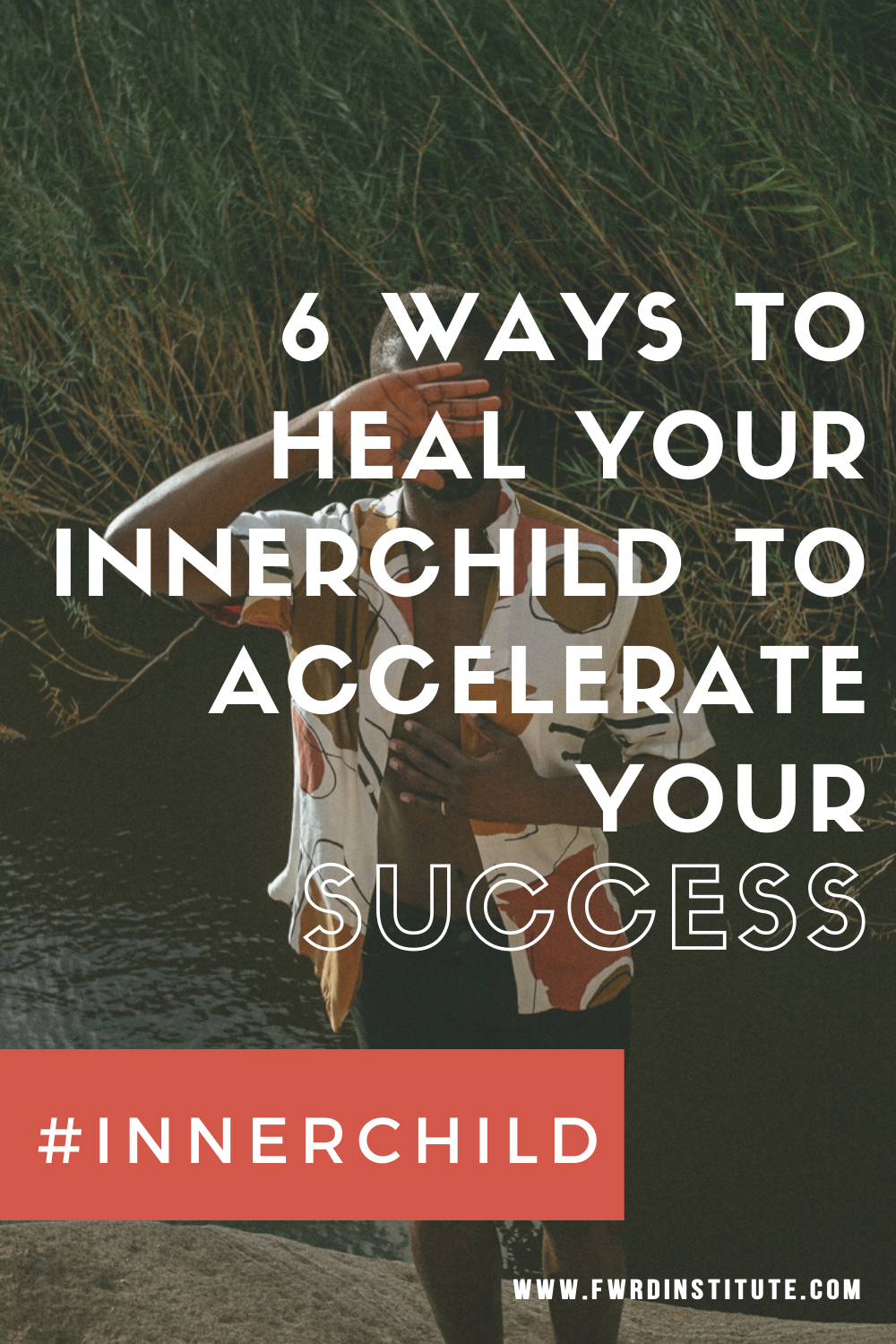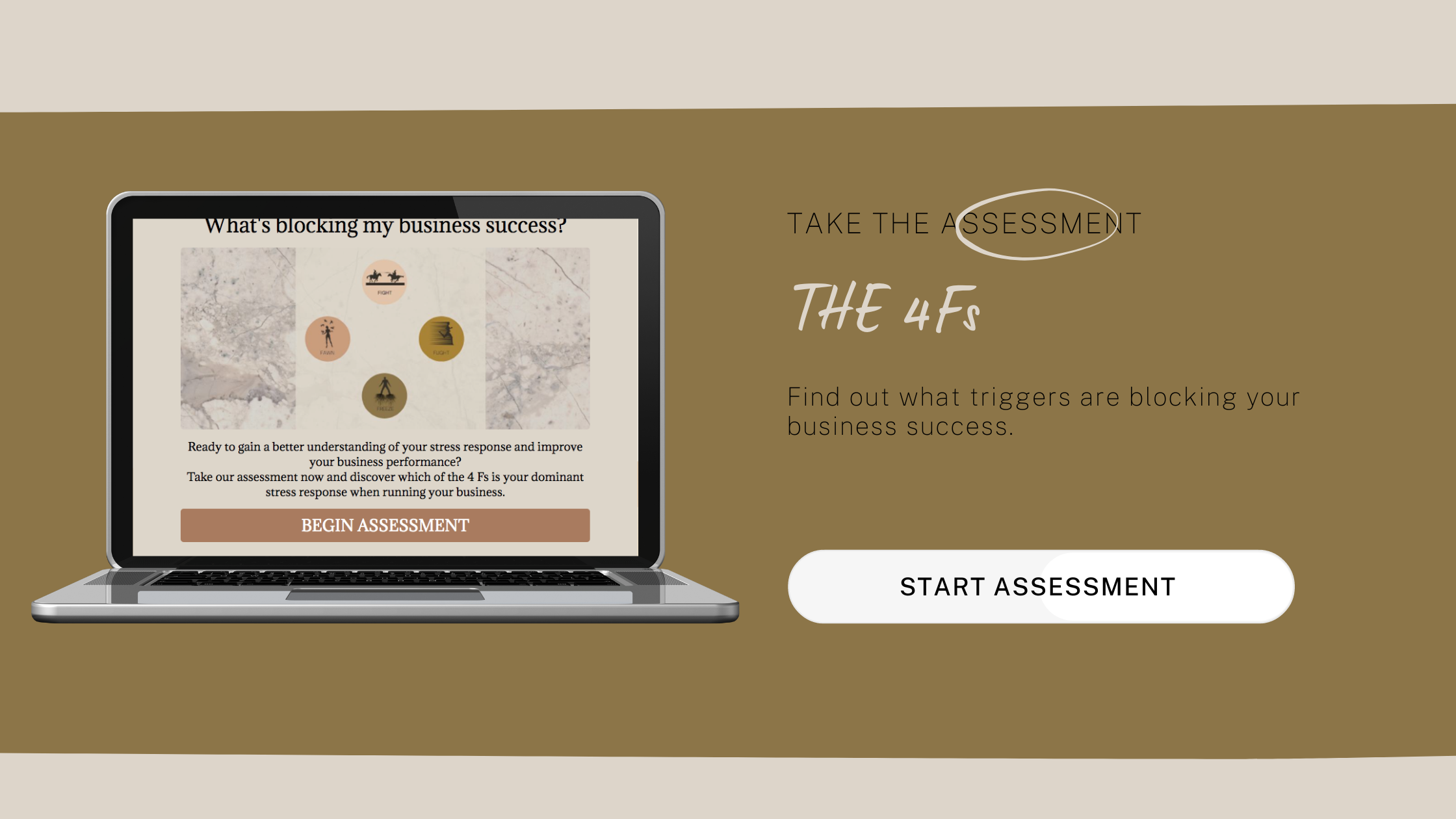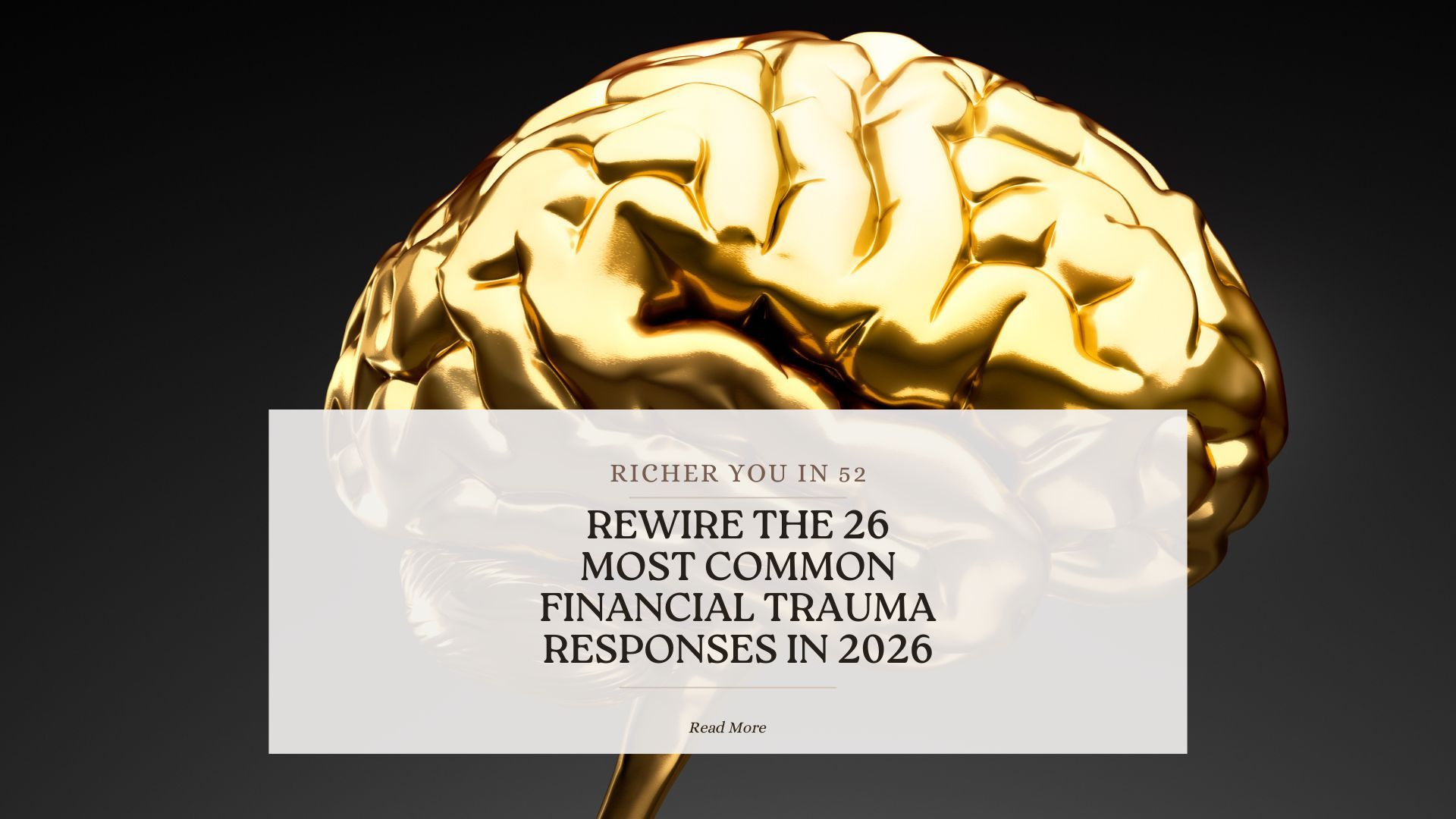6 Ways To Heal Your Innerchild To Accelerate Your Success

When we’re exposed to trauma as children, we tend to develop what experts refer to as a ‘heightened stress response.’ This state of constant stress and anxiety may lead to increased physical and psychological illnesses throughout our lives.
As adults, we become unable to manage our emotions. We also have trouble sleeping properly, and our immune system becomes weaker and weaker.
The good news is that these symptoms can be reversed. With the help of therapy, counseling, and other aids, you can undo the effects of childhood trauma.
Today, we’re going to show you six ways to heal from childhood issues. They’re all recommended by medical experts. They were designed to give you the strength and courage you need to undo the negative effects they have on your life.
Let’s begin.
Defining Childhood Trauma
According to the National Institute of Mental Health, childhood trauma is defined as “the experience of an event by a child that is emotionally painful or distressful, which often results in lasting mental and physical effects.”
It can include:
- Physical, emotional, or sexual abuse
- Gun violence
- Parents get a divorce or separation
- Parental substance abuse or imprisonment
- Violence to mother
- A household member is mentally ill or suicidal
Types of Trauma
Childhood issues can have a long-term impact on our lives. This impact takes its toll on our physical and mental well-being.
Here are the four basic types of trauma:
- Acute trauma: caused by a dangerous or stressful event
- Complex trauma: caused by multiple traumatic events
- Chronic trauma: caused by continued exposure to stressful events
- Secondary trauma: results from being in close contact with someone who has experienced a traumatic event in their lives
Effects of Trauma
Scientists in the 1990s launched a nationwide examination. They wanted to witness the effects of childhood issues on individuals’ health later on in their lives. They called it the Adverse Childhood Experiences (ACE) study.
Through this study, they discovered that childhood issues affect how our brains develop. Some victims suffer from psychological problems that manifest themselves inward, such as:
- Anxiety
- Depression
- Dissociation
- Suicidal thoughts
- Post-traumatic stress
Some take the despair, pain, and shame of their childhood issues and act it outwards, as the following:
- Substance abuse
- Hyperactivity
- Aggression
- Compulsivity
How to Heal from Childhood Issues
We’ve talked about the types of trauma and how they manifest themselves both inward and out. Now, it’s time to talk about how to work through these negative effects.
There’s a difference between just getting over something and working through it. The healthier option is to move through the pain and guilt. Then, you come out the other side a more balanced, more fulfilled individual.
We want you to have a healthy dose of self-esteem. We want you to feel the joy of being in a loving, intimate relationship. But first, you have to put in a bit of genuine and consistent effort.
Never allow your childhood issues to define you.
Below are six ways to heal from childhood issues. Arming yourself with the right tools can help you move past any unresolved trauma. It’s the first step in healing and moving forward with your life.
-
Connect with Your Inner Child
The first step in the healing process is to acknowledge the presence of your inner child. Each of us has one even though there are times when we find it easier to suppress his voice and pretend he’s not there.
It could be that we’re afraid of the unwanted emotions that may come up and trigger pain or discomfort. So, take it at your own pace. The important thing to remember is that working through those emotions will lead you to a path of self-discovery and, ultimately, inner peace.
-
Talk with a Qualified Therapist
It’s a given that all therapists understand trauma. Yet, not all of them can help with the dynamics of childhood trauma.
Find a therapist who’s trained in childhood issues. They should be qualified in dealing with the impact of having negative childhood experiences leak into adulthood. Go for a couple of consultations and see how you feel. If you don’t feel like you’re being heard or understood, find another therapist.
-
Take Care of Your Health
It’s common for abuse victims to neglect their health and the way they look. This can be either because they use it as an excuse for our isolation and rejection. Another reason is that they don’t feel we deserve care or love, so why bother? Even though neither of these reasons is true, they can be quite powerful and real in the person’s mind.
The World Health Organization defines health as “a state of complete physical, mental, and social well-being, and not merely the absence of disease or infirmity.”
Taking that into consideration, here are several ideas on how to get a healthy body and mind:
- Eat a well-balanced diet
- regular exercise
- Get quality sleep each night
- Yoga
- Mindfulness
- Meditation
- Body massages
-
Get Out of Your Comfort Zone
First, make a list of the things that make you feel ‘safe.’ Then, make a list of things you categorize as ‘fear-based.’
This could be anything from speaking in public to mountain climbing. Doing something outside your comfort zone is the ultimate definition of personal growth.
It’s also one of the best ways to let go of pent-up negativity that has been fogging your motives and actions.
-
Allow Yourself to Get Close to Others
One of the best ways to heal from childhood issues is to become part of a close-knit community. Finding others who support and encourage you is a great way to overcome feelings of isolation.
This group of individuals can be people who share similar hobbies or interests. Just knowing that you have someone you can reach out to is healing unto itself. It can help ease decades of lingering pain and resentment.
-
Reprogram Your Subconscious Mind
A lot of the negative coping mechanisms we have as adults are trauma responses that were developed in childhood. Hypnotherapy will facilitate the release of the trauma responses by getting to the root of the issue.
Need help figuring out how business stress impacts you?
Take our Business Stress Assessment







